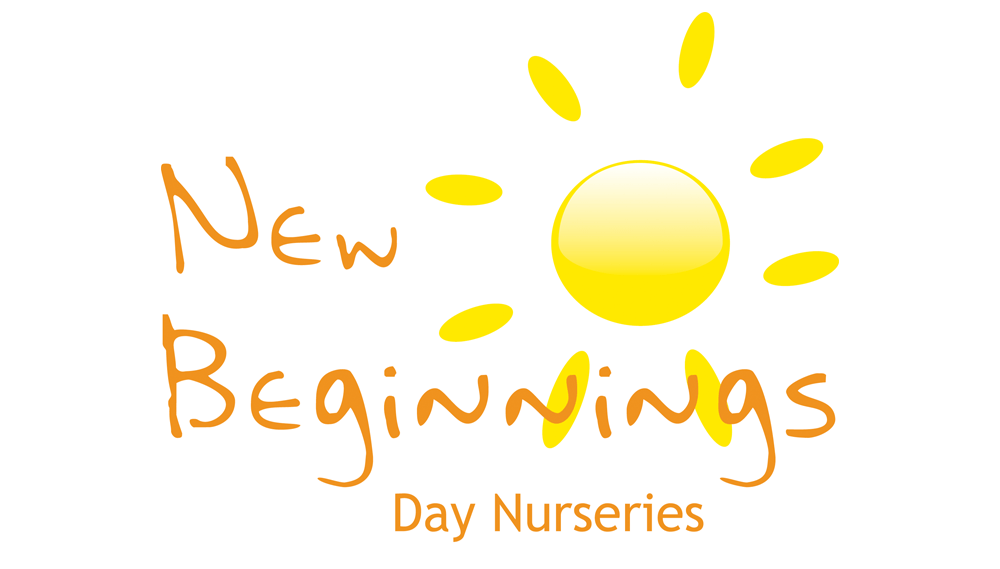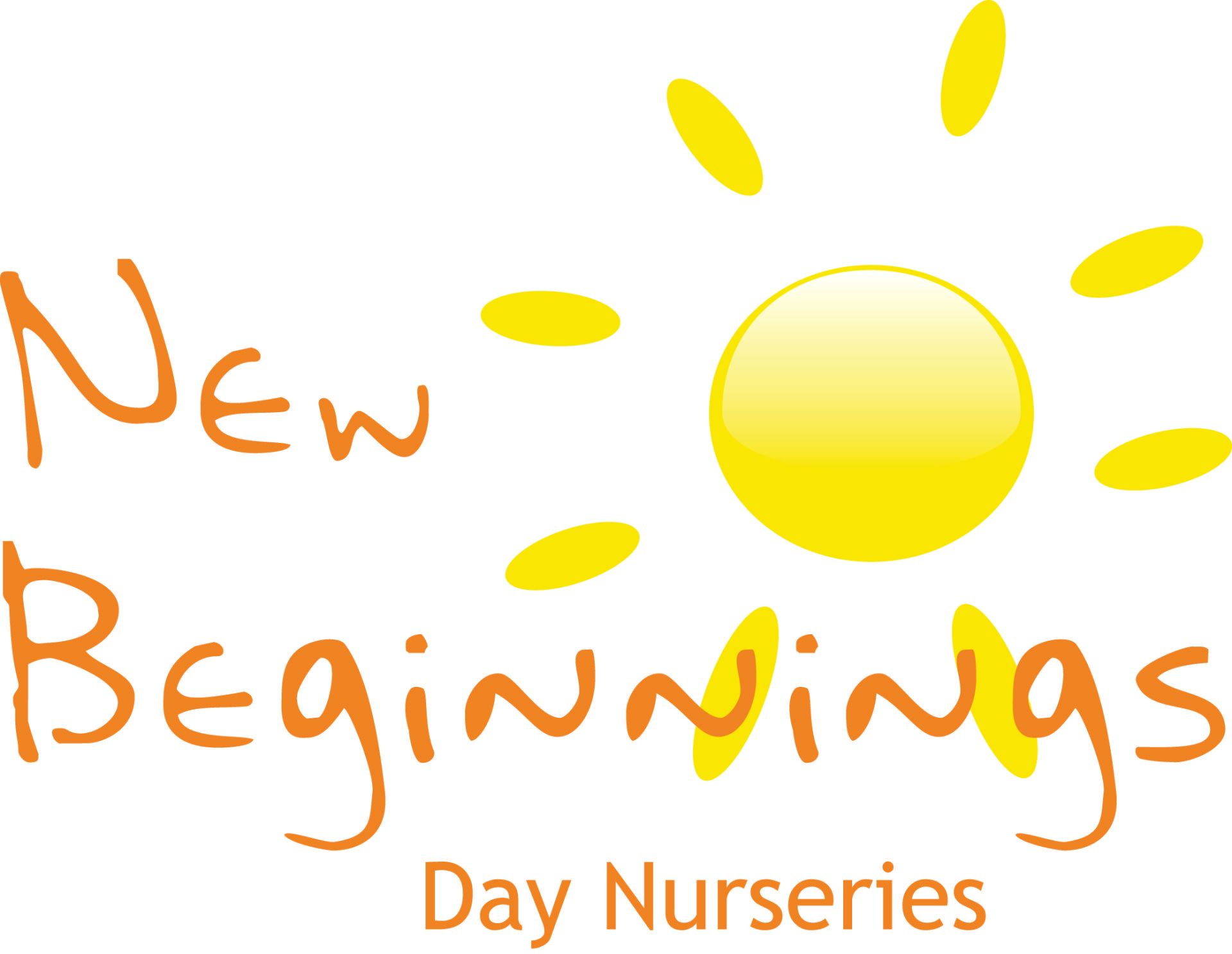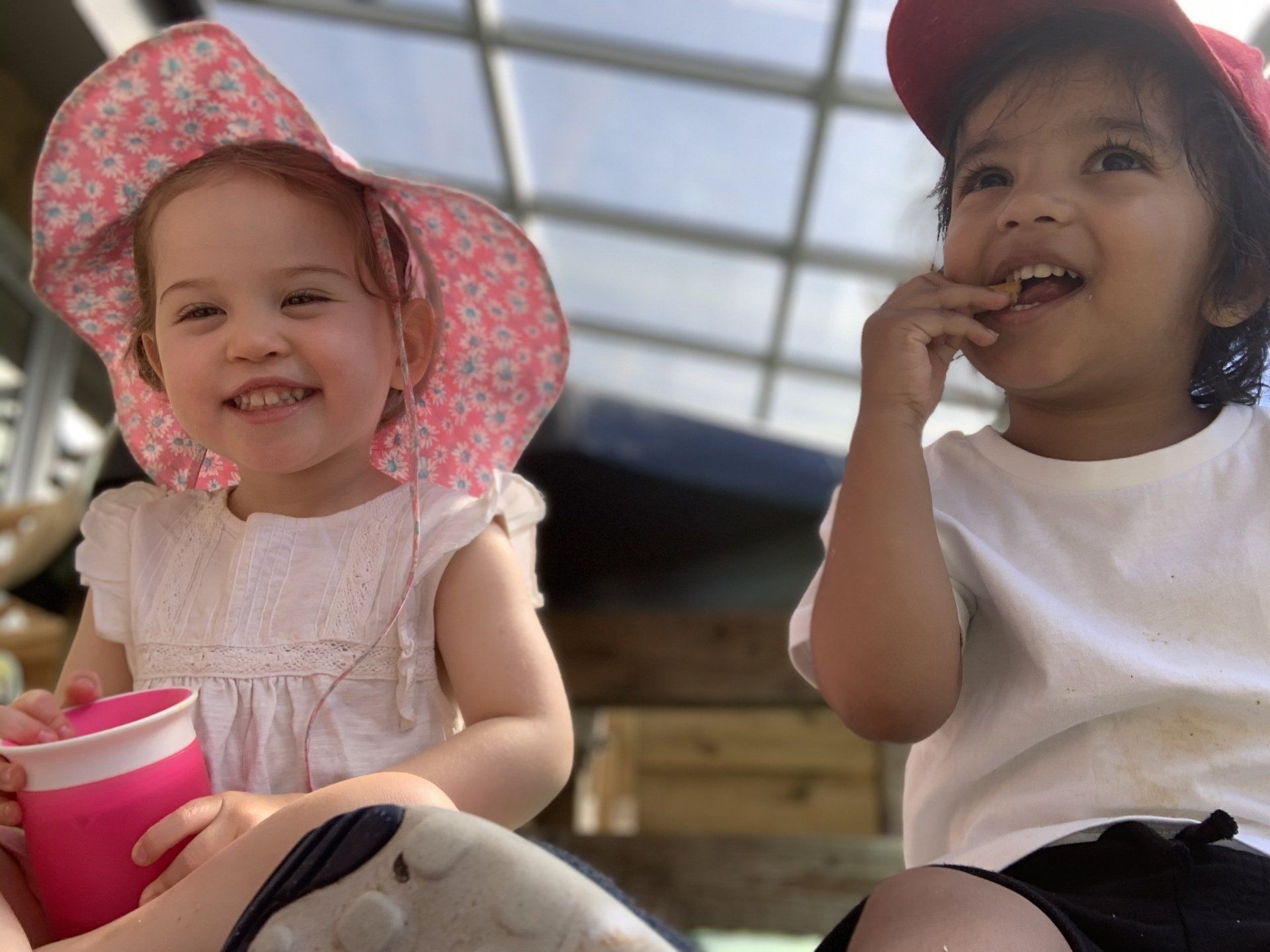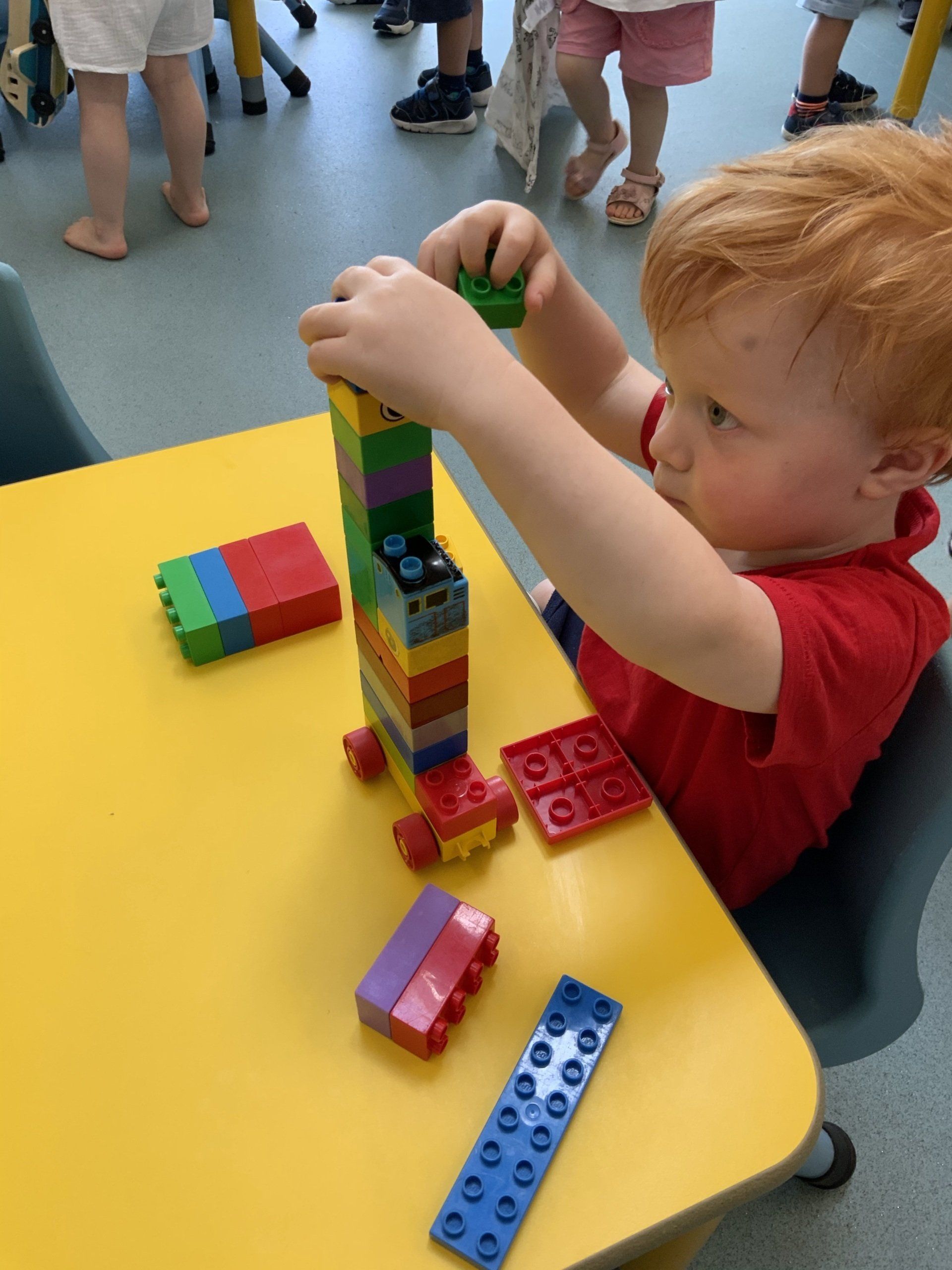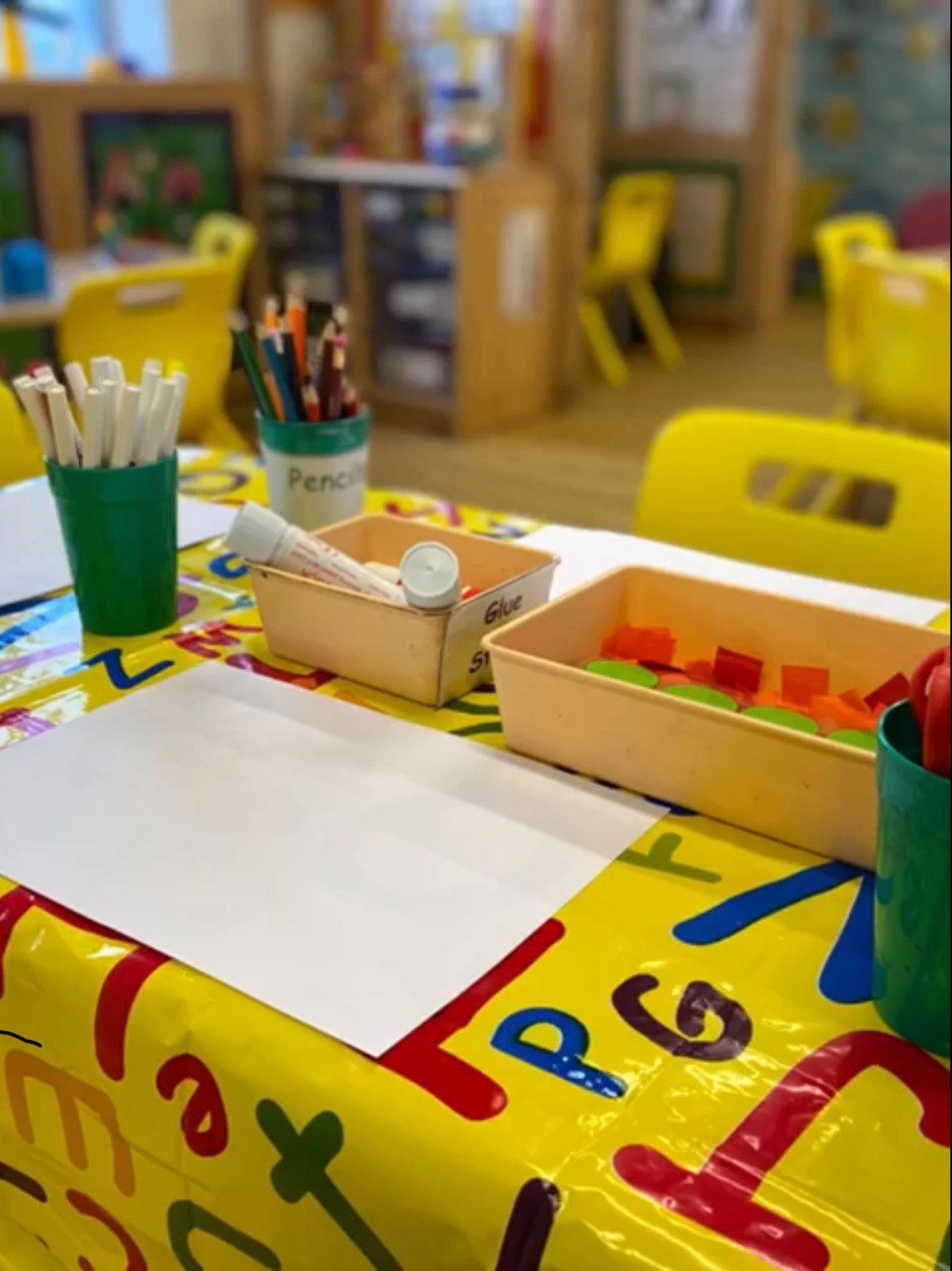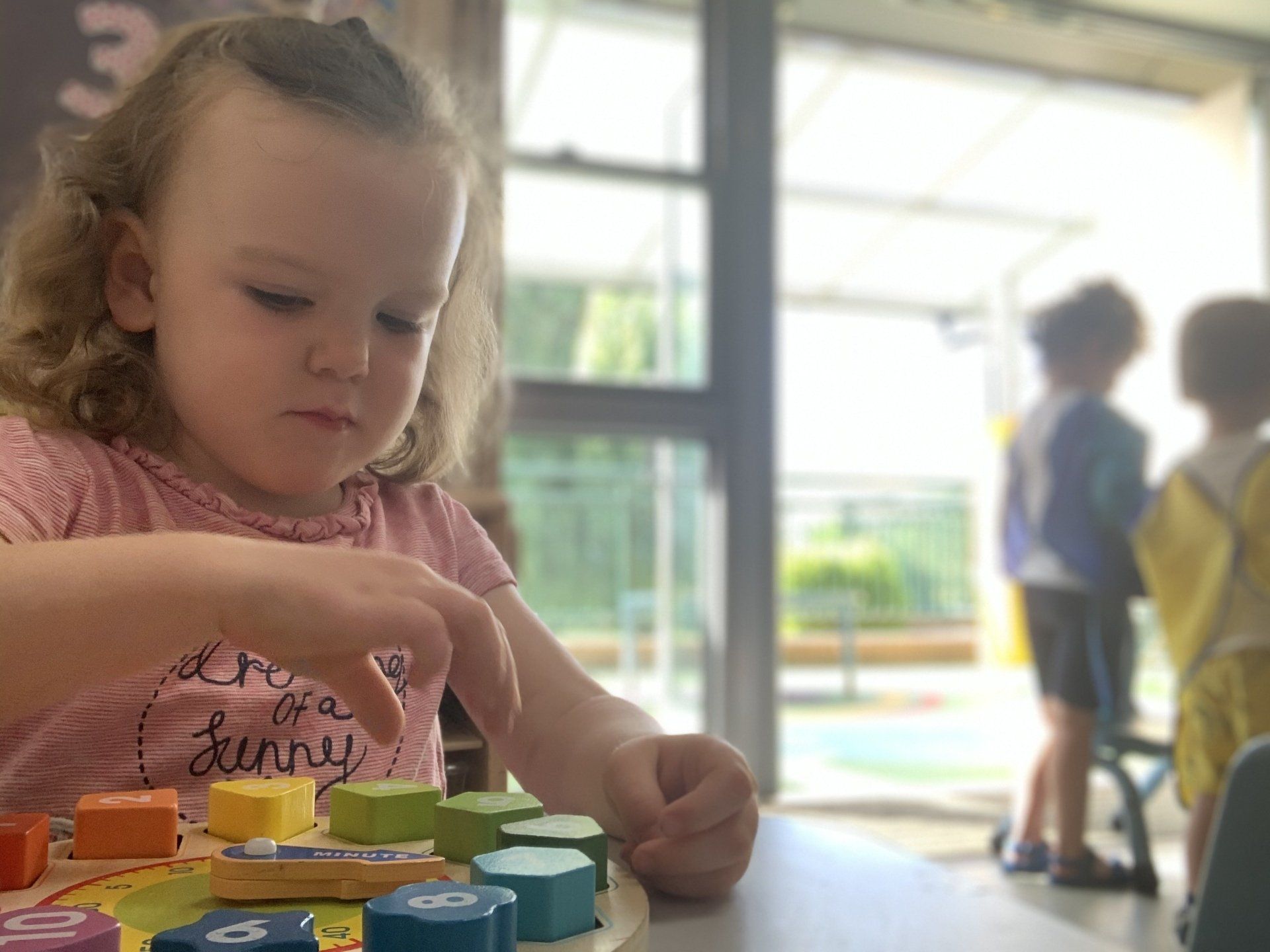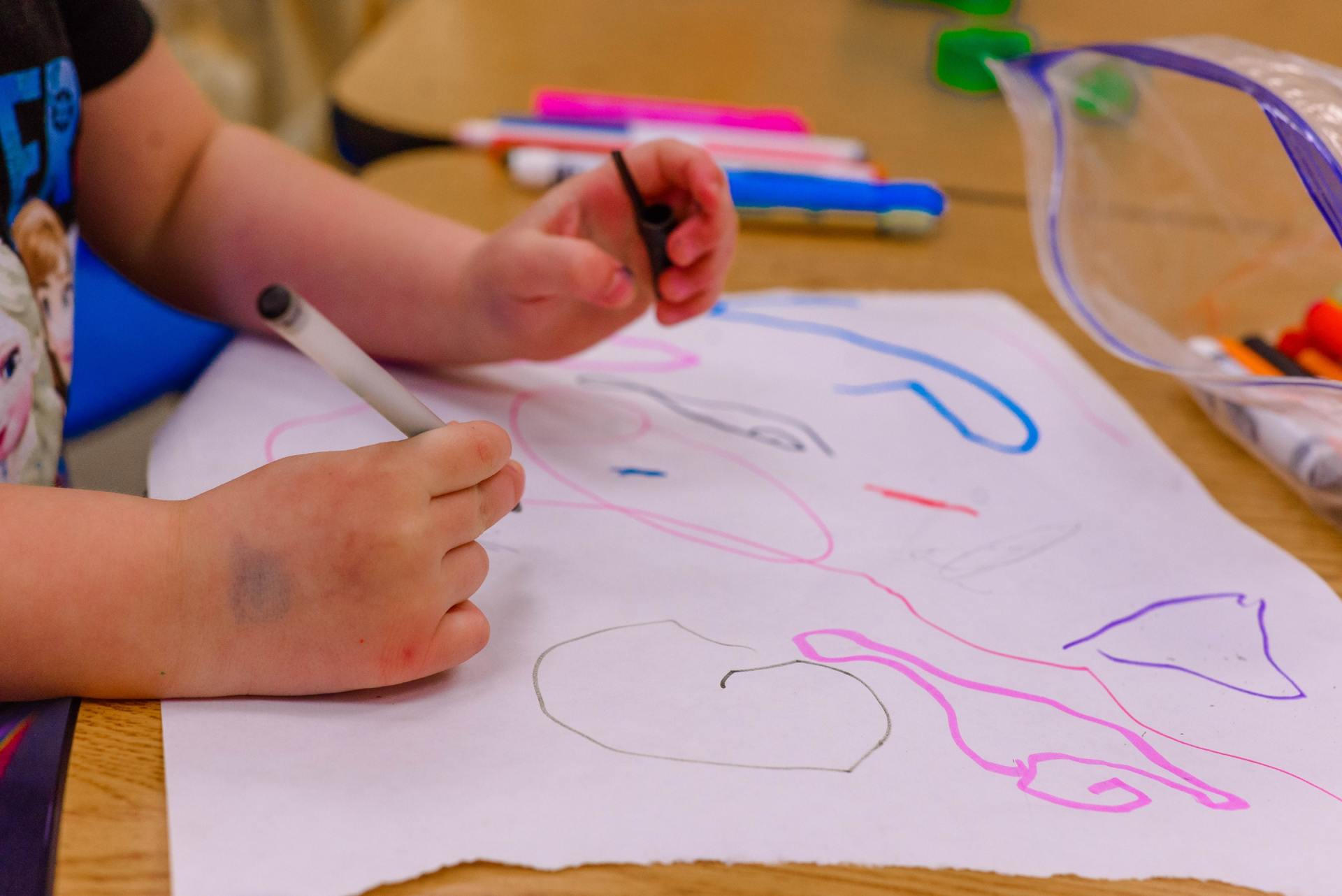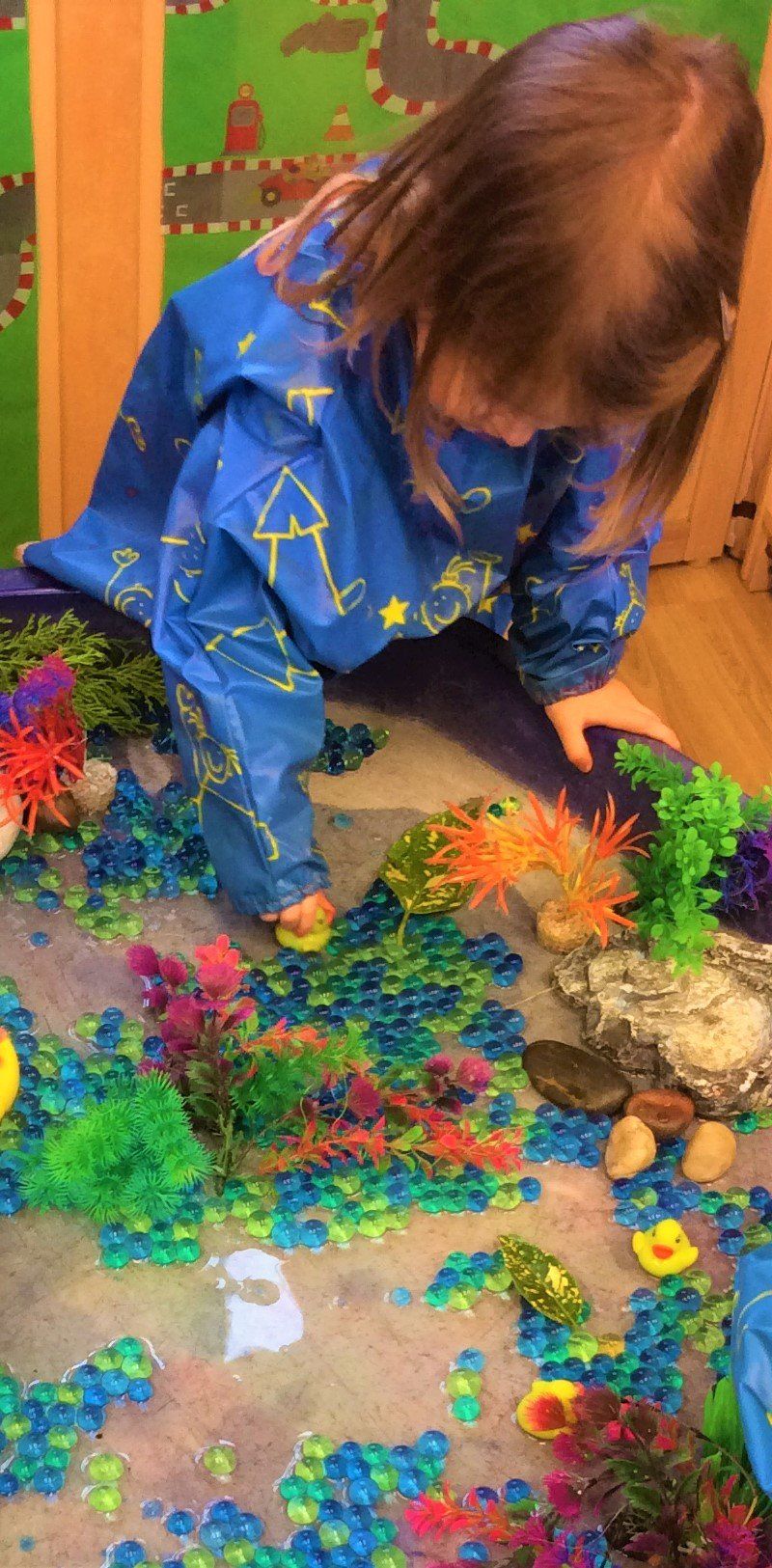Early Years Education
Introduction
We firmly believe that every child deserves the best possible start in life, enabling them to realise their full potential. Our dedicated staff genuinely care for the children in our nursery, treating each child as an individual and fostering positive relationships and secure bonds. We prioritise establishing close connections with families and the wider community to ensure the best possible outcomes for every child.
Recognising Individual Strengths
We recognise and celebrate each child’s unique strengths and talents. We place great value on praising effort and acknowledging the small steps that contribute to progress. By doing so, we nurture happy, confident children who feel safe, secure, and valued. Our consistent approach to praise and clear boundaries supports children in building resilience and self-belief.Developing independence is a key priority for us — not only in practical skills but also in learning. We strongly believe that all children have the potential to achieve wonderful things, and we foster this belief by maintaining high expectations for everyone.
Encouraging Growth and Learning
We present meaningful challenges, build confidence and self-esteem, and demonstrate to children that they are capable learners. We dedicate time to explicitly teaching independence skills, helping children become well-rounded and ambitious. Taking reasonable risks is a vital part of learning. Our environments and teaching strategies encourage children to assess risks for themselves, building the resilience and determination needed to overcome challenges — qualities that are essential for lifelong learning. We teach children that mistakes are valuable opportunities for growth. Through the Characteristics of Effective Learning, we enhance children’s ability to be active learners, helping them understand how to respond positively to feedback.
Fostering Resilience and Independence
We place a strong emphasis on perseverance and celebrate it. To build resilience, we guide children to become independent learners who can problem-solve and understand when to seek help.We spark motivation and a love of learning by planning fun, engaging, and appropriately challenging experiences tailored to children’s needs and interests. We provide new and enriching opportunities, expanding on the experiences children may encounter at home or preschool. By making learning purposeful and connected to real-life contexts, we give children meaningful reasons to learn — enabling them to apply their knowledge and skills across a wide range of situations.
Learning in the early years
The early years of a child’s life should be happy, fun, and supportive of their development, wellbeing, care, and learning. The EYFS curriculum is designed to help achieve this by focusing on seven interconnected areas of learning.
The EYFS focuses on seven key areas of learning, all of which are interconnected:
Prime Areas:
- Communication and Language – Encouraging children to develop spoken language and understanding through rich and engaging experiences.
- Physical Development – Supporting coordination, control, and movement through active play.
- Personal, Social, and Emotional Development – Promoting mental wellbeing, positive relationships, and self-regulation skills.
Specific Areas:
- Literacy – Inspiring a love of reading and building the foundations for writing.
- Mathematics – Developing problem-solving, counting, and understanding of patterns.
- Understanding the World – Helping children explore nature, their communities, and the wider world.
- Expressive Arts and Design – Encouraging creativity, imagination, and play with a variety of materials.
Through a safe, stimulating, and nurturing environment, we aim to give every child the confidence and skills to explore, learn, and thrive.
Early Years Foundation Stage
Document guides, policies and procedures
Educational Programme -
Prime Areas of Learning
These lay down the foundation for all children’s learning, ensuring that children can relate to others, communicate effectively and engage with their environment. The prime areas are dependent on each other and are universal in that they occur within cultures and social backgrounds.
Educational Programme -
Specific Areas of Learning
These are considerably less time-sensitive than the prime areas but cannot be developed alone; they build on the development gained through the Prime areas. The specific areas reflect individual children’s life experiences including their cultural and social background. Practitioners are able to plan for children’s next steps in specific areas through their observations and knowledge of children’s likes, dislikes and family backgrounds.
